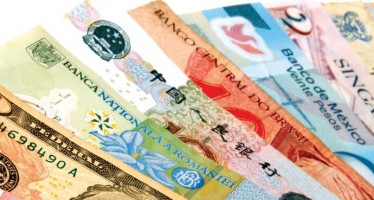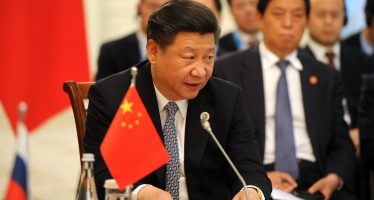Barclays’ Libor Rate Fixing Leads to Resignations
 Barclays last week agreed to pay $453 million to settle U.S. and British authorities’ allegations that the British bank tried to fix and manipulate the London interbank offered rate, or Libor, which is the benchmark for interest rates on trillions of dollars of loans to individuals and businesses around the world.
Barclays last week agreed to pay $453 million to settle U.S. and British authorities’ allegations that the British bank tried to fix and manipulate the London interbank offered rate, or Libor, which is the benchmark for interest rates on trillions of dollars of loans to individuals and businesses around the world.
Barclays executives initially believed they could ride out any resulting fallout from the settlement and accompanying admission that Barclays had acted improperly. But by Tuesday, the scandal had prompted the resignations of Mr. Diamond, Barclays Chairman Marcus Agius and Chief Operating Officer Jerry del Missier, some of the British banking industry’s most prominent figures. No individuals were charged.
Libor: What You Need to Know
What it is: Libor – or the London interbank offered rate benchmark – is supposed to measure the interest rates at which banks borrow from each other. It is based on data reported daily by a 16-bank panel. Other interest rate indexes, like the Euribor (Euro interbank offered rate) and the Tibor (Tokyo interbank offered rate), function in a similar way.
Why it’s important: More than $800 trillion in securities and loans are linked to the Libor, including $350 trillion in swaps and $10 trillion in loans, including auto and home loans, according to the CFTC. Even small movements – or inaccuracies – in the Libor affect investment returns and borrowing costs, for individuals, companies and professional investors.
You may have an interest in also reading…
Cambodia’s Wing Bank: Art of Becoming ‘Necessary’ — and Creating a Bank for Every Cambodian
Bill Gates once said, “Banking is necessary, but banks are not.” Those words struck a chord with the CEO of
Michael Pettis: Money Is Not Created Out of Thin Air
A recurring conversation I have with clients concerns the ability of banks to create credit, and of governments to monetise debt,
Davos: Globalists Hail President Xi Jinping
This week, China debuts on the world stage as the unlikely saviour of globalism. President Xi Jinping, an ardent nationalist
















































































